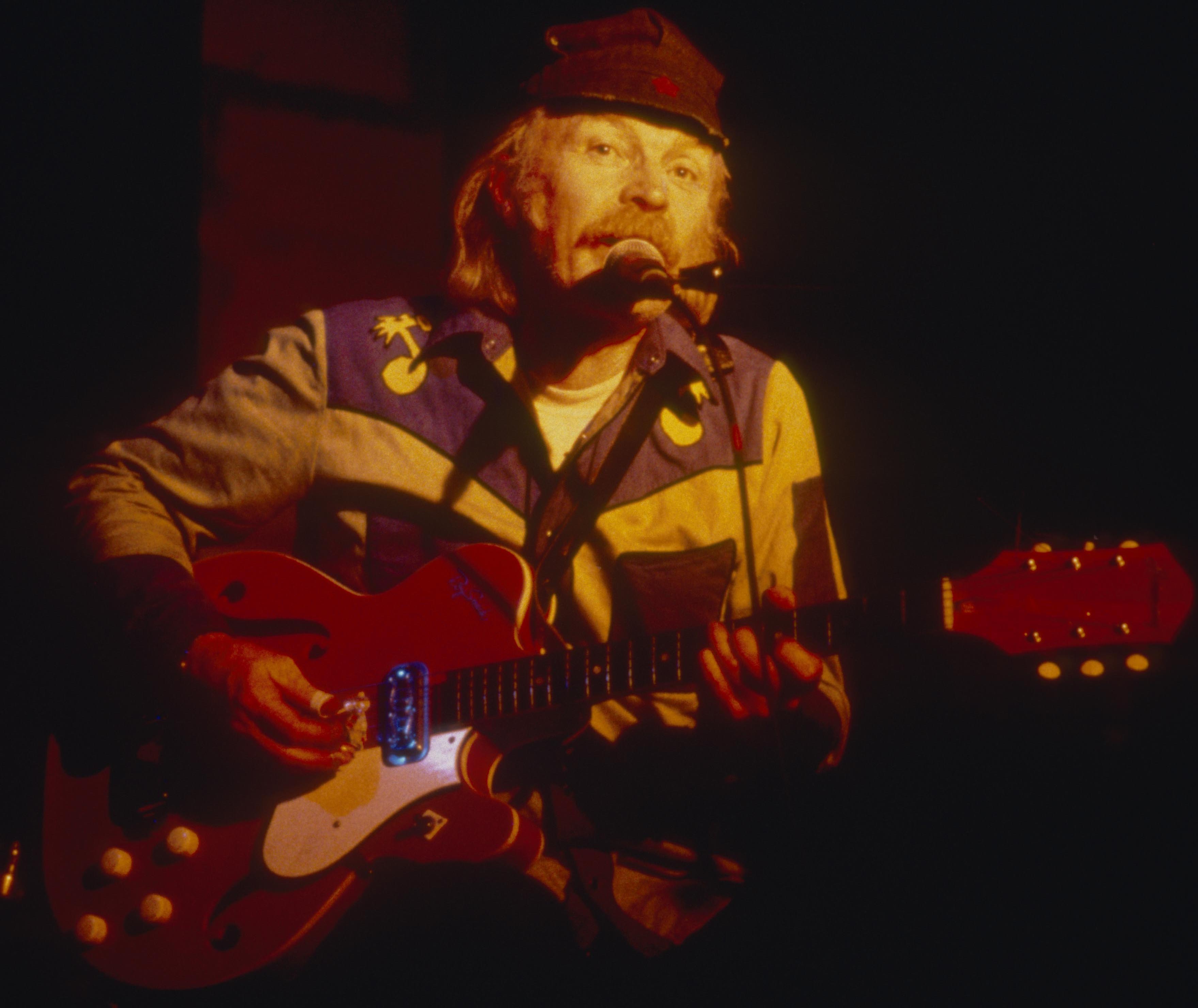
Michael Hurley, a unique guitarist and songwriter known as the ‘Godfather of freak folk,’ died last week at the age of 83.
His death was confirmed in a statement sent to Rolling Stone from his family, which read, “It is with a resounding sadness that the Hurley family announces the recent sudden passing of the inimitable Michael Hurley.
“The ‘Godfather of freak folk’ was for a prolific half-century the purveyor of an eccentric genius and compassionate wit. He alone was Snock. There is no other. Friends, family, and the music community deeply mourn his loss.”
Born in 1941, around the same time as some of the future giants of the '60s folk boom – Bob Dylan, Joni Mitchell, and Joan Baez among them – Hurley was one of their contemporaries in the early part of that decade, plying his trade in the same Greenwich Village folk clubs.
Hurley's debut album, 1964's First Songs, was even released by the legendary Folkways label, and helped get him a spot on the bill of a 1965 folk festival at Carnegie Hall, which also featured performances from Johnny Cash and Muddy Waters.
Fame never much interested Hurley though, and for the following decade his output was sparse.
By the late '70s, though, his brand of homespun, easygoing, but eccentric folk – often driven by his understated guitar work – began to find a home with the emerging indie movement.
Even as his discography grew rapidly in the '80s and '90s, though, Hurley eschewed fame.
Finally, at the turn of the millennium, the singer/songwriter began working with a number of indie labels, including famous admirer Devendra Banhart's Gnomonsong label. Further recognition also came in 2000, when Cat Power covered his song Sweedeedee on her Covers Record.
Eric Isaacson, the owner of one of those indie labels, Mississippi Records, said of Hurley, “His songs are timeless; you can’t tell if they were written in the 1400s or now.”

Despite health issues, Hurley consistently performed up until the end of his life, playing his final shows in late March, just days before his passing.
Asked by The Guardian in a 2021 interview why he thinks people are drawn to his music, Hurley said, “They respond to the irregularity of it, how it’s not ordinary. A mother of a young son wrote to me recently and said, ‘My son gets so stressed but when I play your music, it calms him way down.’
“Oftentimes, musicians have trouble with irregularities, but not everyone’s the same. That’s how it is. Some people feel its beauty.”







